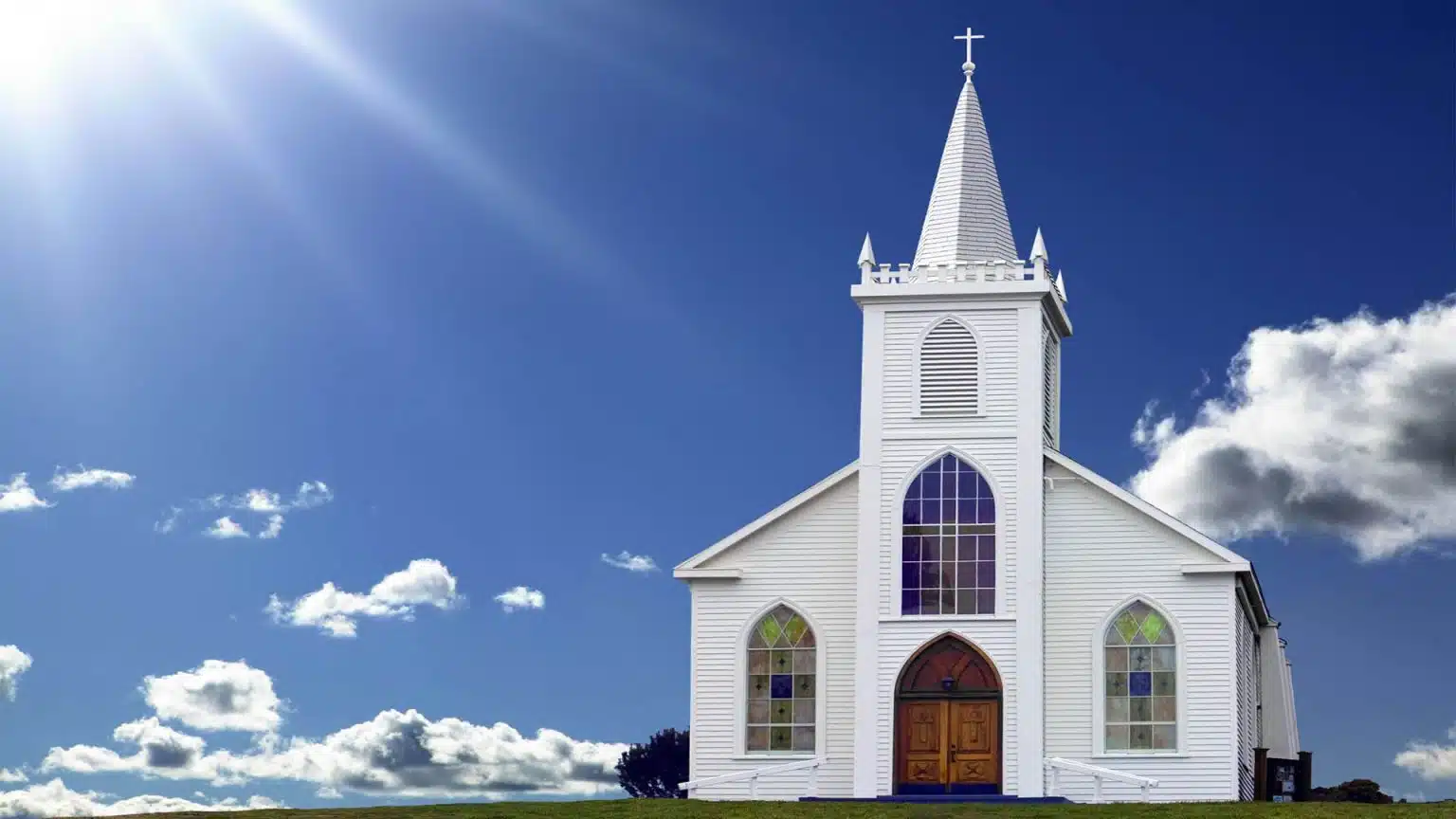By Clement Abayomi
If you walk through almost any Nigerian city today, it is impossible to miss the presence of Pentecostal churches. Banners are displayed at bus stops and street corners; the sounds of prayers and evangelism blare from speakers as you pass. Billboards announcing miracle programmes and church events are everywhere. Undoubtedly, Pentecostal churches have multiplied so much that they now form a visible and powerful part of Nigerian life. This rise did not happen overnight. It is the result of many historical, cultural, and social factors that have shaped religion in Nigeria over the last century. This article examines the historical trajectory of Pentecostal churches in Nigeria, the factors behind their growth, and their impact on Nigerian society.
Nigeria is often described as one of the most religious countries in the world. As Mbiti (1969) observed, Nigerians are “deeply religious people.” The country is home to vast populations of both Muslims and Christians. According to Mbachirin (2006), cited by Ughaerumba (2016) in his essay The Rising Paradigm of Pentecostapreneurship in Nigeria: Impacts on National Development, Nigeria has more Christians than almost any other country except Brazil, and more Muslims than any Arab nation, including Egypt. With such a strong religious environment, it is not surprising that Pentecostalism found fertile ground to grow. Today, Pentecostalism is expanding in Nigeria at a faster rate than in many other parts of the world.
The history of Pentecostalism in Nigeria dates back to the early 1900s. Pew Research Center (2006) reported that around the 1910s, an Anglican deacon began a prophetic movement that became the Christ Army Church.
In the 1920s, prayer groups such as the Precious Stone Society emerged, focusing on healing during the influenza outbreak. According to Okai (2016), the group later left the Anglican Church and joined the Faith Tabernacle movement. Out of this came the famous Church of the Lord Aladura, founded by the late Josiah Olunowo Ositelu in 1930, in Ogere, Ogun state, and the Cherubim and Seraphim (founded in 1925). These churches emphasised prayer, healing, and visions—practices that blended well with traditional African spirituality. Revivals led by figures such as Joseph Babalola in the 1930s attracted thousands, further solidifying the influence of Pentecostalism.
By the mid-20th century, foreign Pentecostal groups like the Assemblies of God (1939) and the Foursquare Gospel Church (1954) had entered Nigeria. In the 1980s, as Kalu (2008) noted, mega-churches such as the Redeemed Christian Church of God, Living Faith Church (Winners’ Chapel), and Mountain of Fire and Miracles emerged. This ushered in the era of large-scale Pentecostalism that dominates Nigeria today.
From the late 20th century onward, Pentecostal churches spread rapidly. Obiora (1998) described them as “breeding and springing up like maggots,” noting that by the late 1990s, cities like Lagos, Ibadan, and Benin alone hosted over 1,018 Pentecostal churches. By 2007, Nigeria had about 3.9 million Pentecostals, a number estimated to have grown to around 5 million today (Christian Today, 2007). Researchers have linked this rapid spread to “pentecostapreneurship”—the practice of running churches like business enterprises through crusades, revivals, and outreach programmes to attract members and generate income. As Diarra et al. (2020) argue, starting a church has even become a survival strategy for many unemployed graduates.
According to Smartscrapers (2025), Nigeria now has 1,560 Pentecostal churches—a 1.43 per cent increase since 2023. Of these, 1,473 (94.42 per cent) are single-owner operations, while 87 (5.58 per cent) belong to larger networks. The top three states with the highest number of Pentecostal churches are Lagos (251), the Federal Capital Territory (149), and Oyo State (128). This growth underscores the strong presence of Pentecostalism across the country.
Beyond growth statistics, Pentecostal churches have left a lasting mark on Nigerian society. Their emphasis on healing, prosperity, and deliverance speaks directly to the needs of Nigerians struggling with poverty, sickness, and insecurity. As Ojo (2018) and Akanbi (2017) observe, these churches provide not only spiritual comfort but also moral guidance, teaching family values, respect, and social harmony. Many Nigerians now turn to pastors for advice on marriage, parenting, and careers, showing how Pentecostalism functions as both a religious and cultural force.
Pentecostalism has also entered the political space. Eyoboka (2018) and Onapajo (2012) note that politicians frequently visit popular Pentecostal churches during campaigns to seek prayers and endorsements. Some pastors have themselves moved into politics. A prominent example is Professor Yemi Osinbajo, a senior pastor of the Redeemed Christian Church of God, who became Nigeria’s Vice President in 2015. His rise demonstrated the growing political influence of Pentecostalism.
At the same time, Pentecostalism faces criticisms. Some pastors are accused of turning churches into money-making ventures. Akabike et al. (2021) point out practices such as encouraging large “seed offerings” from even struggling members, with promises of miracles in return. Such practices have raised questions about financial transparency, doctrinal soundness, and the ethics of church leaders. While many pastors genuinely serve their congregations, others have been accused of exploiting vulnerable followers.
Overall, Pentecostal churches in Nigeria have grown into powerful movements shaping the country’s religious identity. Though criticised for commercialising religion and exploiting members, they continue to play significant roles in Nigerian society—spiritually, culturally, socially, and politically.



